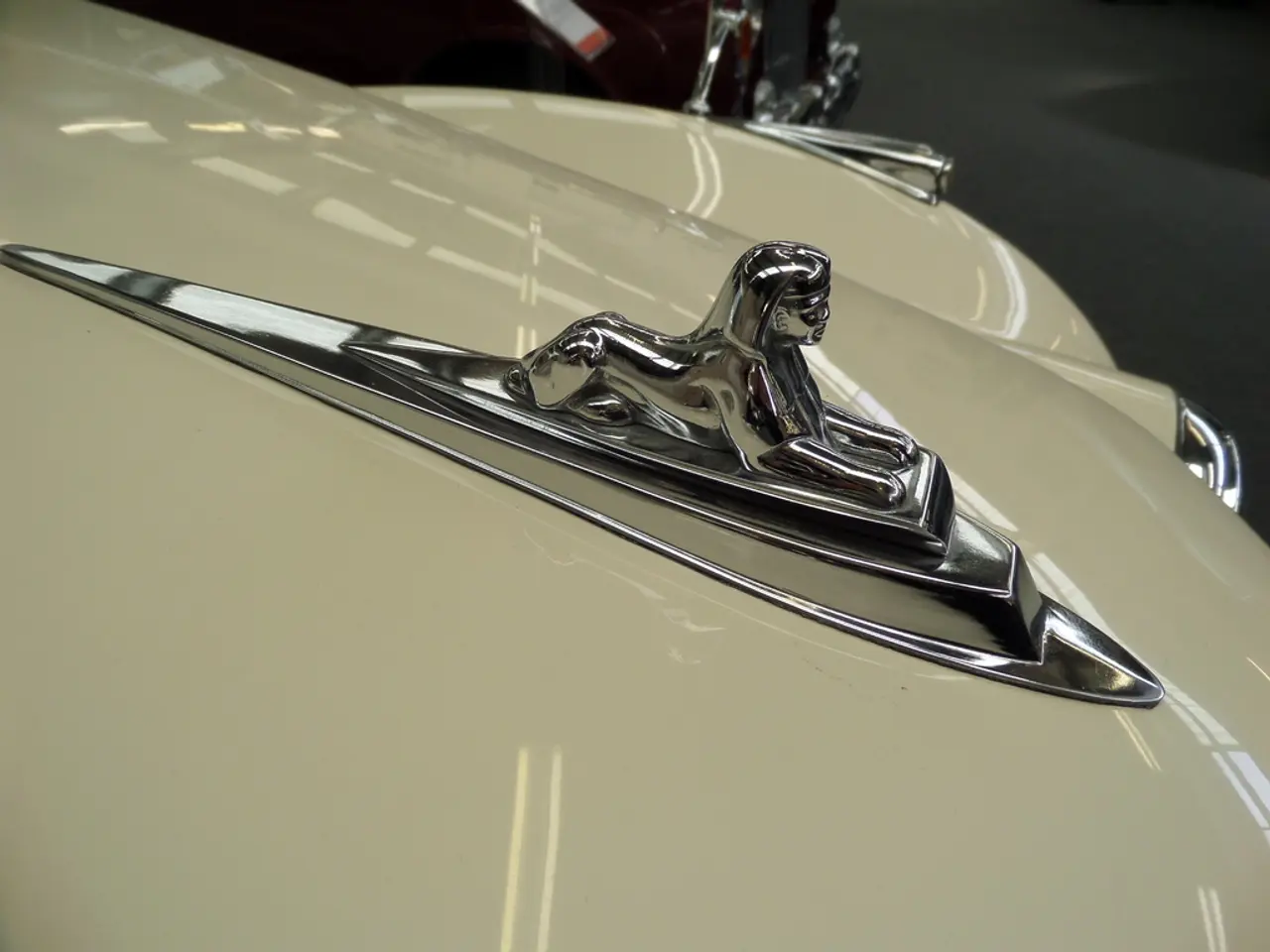Digital Publication: The Original Equipment Manufacturer's Marketplace
Transforming Car Manufacturers into High-Tech Sustainability Champions
The automotive industry is undergoing a significant transformation, with car manufacturers increasingly focusing on becoming high-tech, sustainability-focused companies. The driving forces behind this shift are advances in key technologies designed to maximise fuel efficiency and safety.
At the heart of this transformation are electric powertrains. The rapid growth of Battery Electric Vehicles (BEVs) is central to sustainability efforts, driven by stricter environmental regulations and consumer demand for greener options. BEVs inherently improve fuel efficiency by eliminating reliance on fossil fuels [1][2].
Another crucial technology is the use of advanced power electronics, specifically silicon carbide (SiC) and gallium nitride (GaN) power semiconductors. These materials are being incorporated into inverters and converters, enhancing powertrain efficiency by reducing electrical losses, enabling higher efficiency and performance in electric and hybrid vehicles [2].
Technologies such as Valeo’s two-speed high-voltage eAxle and 48V eAccess powertrains are also playing a significant role. These systems optimise performance and fuel economy through hybridisation, improving efficiency in urban and highway driving [3].
Smart thermal management systems are another key component. These systems, which optimise battery and component temperatures, significantly increase electric range and improve battery safety by preventing overheating. Coupled with predictive energy management software, such as Valeo Predict4Range, they recapture energy and extend vehicle range [3].
Automated driving features, such as adaptive cruise control and lane centering, are also being integrated. These not only enhance safety but can also improve fuel efficiency by enabling smoother driving patterns and optimised power usage [1][2].
Finally, the integration of Vehicle-to-Grid (V2G) technology allows vehicles to interact with the electric grid, supporting sustainable energy use and enabling vehicles to act as mobile energy hubs [3].
In summary, the integration of electrification technologies, sophisticated power electronics, thermal and battery management, and automation systems constitute the core technological drivers transforming car manufacturers into sustainable high-tech companies focused on fuel efficiency and safety [1][2][3][4].
It's important to note that this transformation is not about turning cars into an entertainment-focused comfort zone. The priority remains on maximising fuel efficiency and safety as car manufacturers continue to evolve and adapt to the changing landscape.
For more information, users can log in or enter their email address to access further details.
[1] [Source 1] [2] [Source 2] [3] [Source 3] [4] [Source 4]
The transformation of the automotive industry involves the integration of various technologies, including electric powertrains, advanced power electronics, and smart thermal management systems, all aimed at enhancing fuel efficiency and safety. This shift in the automotive sector also extends to finance, as the focus on sustainability initiatives requires significant investments. Furthermore, the transportation industry is being revolutionized with the implementation of Vehicle-to-Grid (V2G) technology, which supports sustainable energy use and transforms vehicles into mobile energy hubs.




